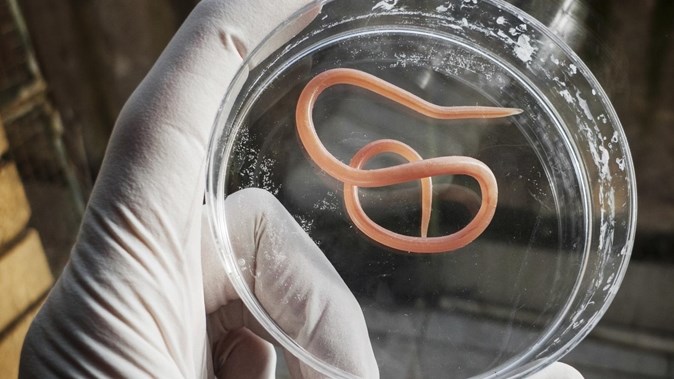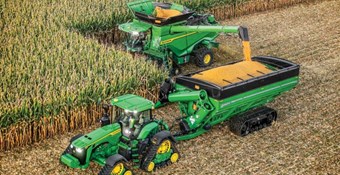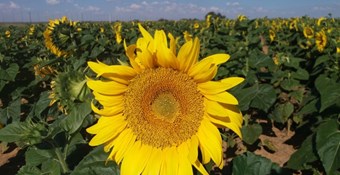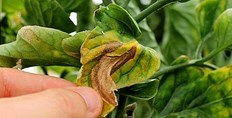Agri Hour
Strategic deworming of livestock will help combat internal parasites─── ELSABÉ RICHARD 05:30 Mon, 20 Sep 2021

Farmers need to deworm their livestock during early summer in order to prevent experiencing an internal parasite problem during the summer.
This is according to Dr Berry Mutowembwa, a veterinarian at the Agricultural Research Council.
See PODCAST below
Mutowembwa warns that roundworms and liver flukes are the most economically devastating groups of internal parasites. He, however, acknowledges that tapeworms are just as damaging as they suck nutrients from animals, but adds that it is mostly roundworms and flukes that are most damaging.
Some of the internal parasites can also be transmitted from animals to humans, and Mutowembwa, therefore, urges people to be careful when handling infected animals.
READ: Summer animal diseases: Lumpy skin
Roundworms
Roundworms tend to have a negative effect on the animals’ growth, says Mutowembwa. He explains that this is because these worms suck all the nutrients that are supposed to help with the weight gain of the animal. This will then lead to poor feed efficiency.
Roundworms can also have an effect on milk production by reducing the production of milk in animals.
Also, this internal parasite can cause reproduction inefficiency in cows.
Mutowembwa says that adult cattle tend to develop resistance against roundworms.
“This parasite tends to have a huge influence on production if the animals are subjected to stress. So, when we talk of stress, we talk of stress associated with the transition period of just before or just after calving, as well as when the nutrition is of low quality or the quantity of feed is low,” says Mutowembwa.
He further explains that other stressors include extreme environmental conditions that tend to exacerbate stress in animals.
Liver fluke
Liver fluke on the other hand, as the name states, tend to have an effect on the animals’ liver. Mutowembwa says that this parasite causes a lot of damage to the liver of the animal to such an extent that it tends to deprive the animals of energy and protein. This leads to loss of condition and growth.
Additionally, an infected liver caused by the parasite limits an animal's ability to store trace minerals, which will lead to impaired reproduction and immunity.
Infected animals tend to have a shortage of vitamin A. This, even when animals are grazing on green pastures.
“So, cattle can produce antibodies that are detectable when using our tests in the laboratory to mostly these roundworms, but they do not develop protective immunity against liver flukes,” explains Mutowembwa.
When you should deworm livestock
According to Mutowembwa, it is economically important to deworm livestock at strategic times in order to improve production as well as reproduction.
He says the best time to deworm farm animals is during early summer, which is around October and November. Animals can also be dewormed during April and May.
Deworming will help reduce the internal parasite challenges that farmers might experience during summer.
He further urges farmers to be in constant communication with their local veterinarians. This will ensure that farmers are aware of what diseases are a threat during the different seasons. Veterinarians will also be able to say which treatment is available for the different diseases and parasites.
OFM News













